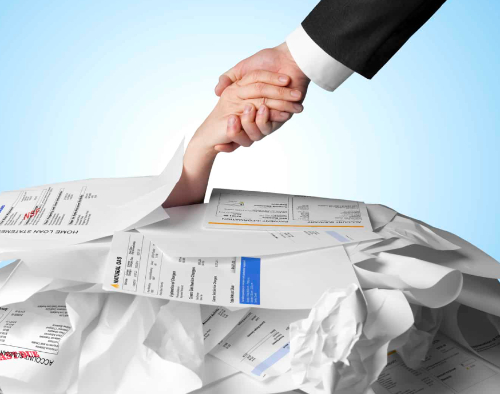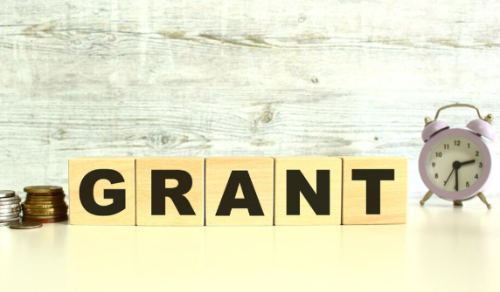Related searches

Understanding Debt Help Options
Debt help comes in many forms, depending on the severity of a person’s financial situation. For those dealing with relatively low levels of debt, debt consolidation or debt management plans can be effective solutions. Debt consolidation involves combining multiple debts into a single loan, often at a lower interest rate, making it easier to manage repayments. Debt management plans, offered by nonprofit credit counseling agencies, negotiate with creditors to reduce interest rates and create a more manageable repayment schedule.
For individuals facing more significant financial challenges, bankruptcy might be considered as a last resort. While bankruptcy can provide a fresh start by wiping out unsecured debt, it also comes with long-term financial consequences, such as damage to one’s credit score. As a result, it's crucial to seek professional guidance before pursuing this option.
Credit Counseling and Debt Relief Services
One of the most popular ways to seek debt help is through credit counseling services. These organizations provide financial education and advice on how to manage debt, as well as budgeting tips. Credit counselors can assist in developing a debt repayment strategy that fits the individual’s unique financial situation. Many credit counseling agencies also offer debt management programs, where they work directly with creditors to help lower interest rates or reduce monthly payments.
Another common option is debt settlement, where a third-party company negotiates with creditors to settle a debt for less than what is owed. While debt settlement may sound appealing, it can be risky and may lead to tax consequences, so it’s essential to work with reputable debt relief companies and fully understand the potential ramifications before proceeding.
The Impact of Debt on Mental and Physical Health
Debt doesn’t just affect an individual’s financial stability—it can have a profound impact on their mental and physical health. The stress of constantly worrying about unpaid bills, mounting interest rates, and creditor calls can lead to anxiety, depression, and even physical symptoms such as sleep disturbances or high blood pressure.
Fortunately, seeking debt help can significantly reduce this stress. By working with professionals, individuals can develop a concrete plan to pay off their debts, regain their financial stability, and ultimately improve their quality of life. In addition, many people who are struggling with debt might not be aware of all the resources available to them, such as government assistance programs or nonprofit organizations that provide financial aid or food assistance.
Government Programs and Debt Relief Initiatives
The U.S. government offers several programs designed to assist individuals in managing or reducing their debt. For example, there are federal programs available for student loan forgiveness, which can be a game-changer for those overwhelmed by educational debt. Additionally, the U.S. Department of Housing and Urban Development (HUD) provides resources for homeowners facing foreclosure.
During times of financial hardship, the government may also step in with relief programs, such as temporary moratoriums on federal student loan repayments or mortgage forbearance. These programs can provide temporary relief and help individuals get back on their feet while avoiding the consequences of defaulting on loans.
The Importance of Seeking Debt Help Early
One of the most critical aspects of managing debt is taking action early. The longer someone waits to seek debt help, the more likely it is that their debt will spiral out of control. High-interest rates, late fees, and additional penalties can accumulate quickly, making it harder to escape the cycle of debt. Early intervention, whether through credit counseling, debt consolidation, or a bankruptcy lawyer, can make a significant difference in resolving debt problems.
It’s important to remember that seeking debt help is not a sign of failure, but a proactive step toward achieving financial freedom. With the right guidance and support, individuals can take charge of their financial future and work toward living a debt-free life.
The Future of Debt Help in the U.S.
As the U.S. economy evolves, new debt relief options and technologies are likely to emerge. Digital platforms and fintech solutions, such as online debt management tools, budgeting apps, and automated savings programs, are becoming more popular as people look for convenient and efficient ways to manage their finances. While these innovations provide greater accessibility to financial tools, it remains essential to ensure that individuals seeking debt help are receiving responsible, transparent advice and support.
As more Americans face financial challenges, the demand for effective debt help will continue to grow. The future will likely see even more partnerships between financial institutions, nonprofit organizations, and government agencies to provide comprehensive, accessible debt relief solutions. By staying informed and proactive, individuals can protect their financial health and work towards long-term stability.






